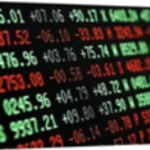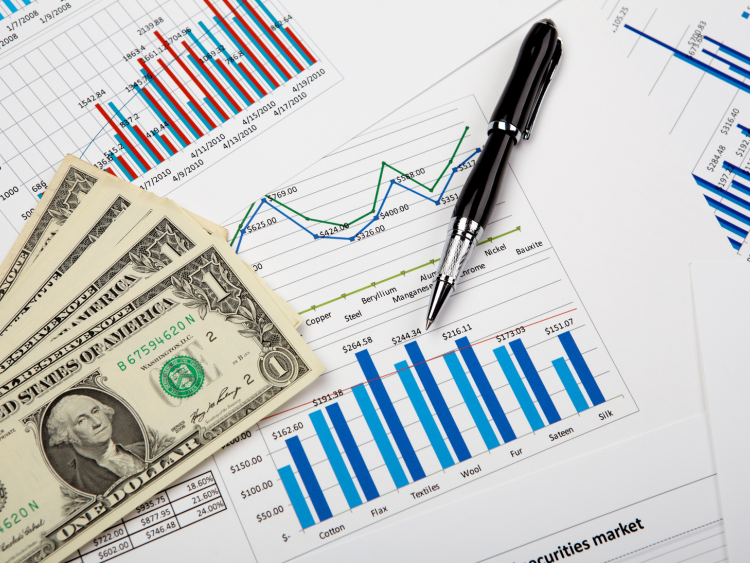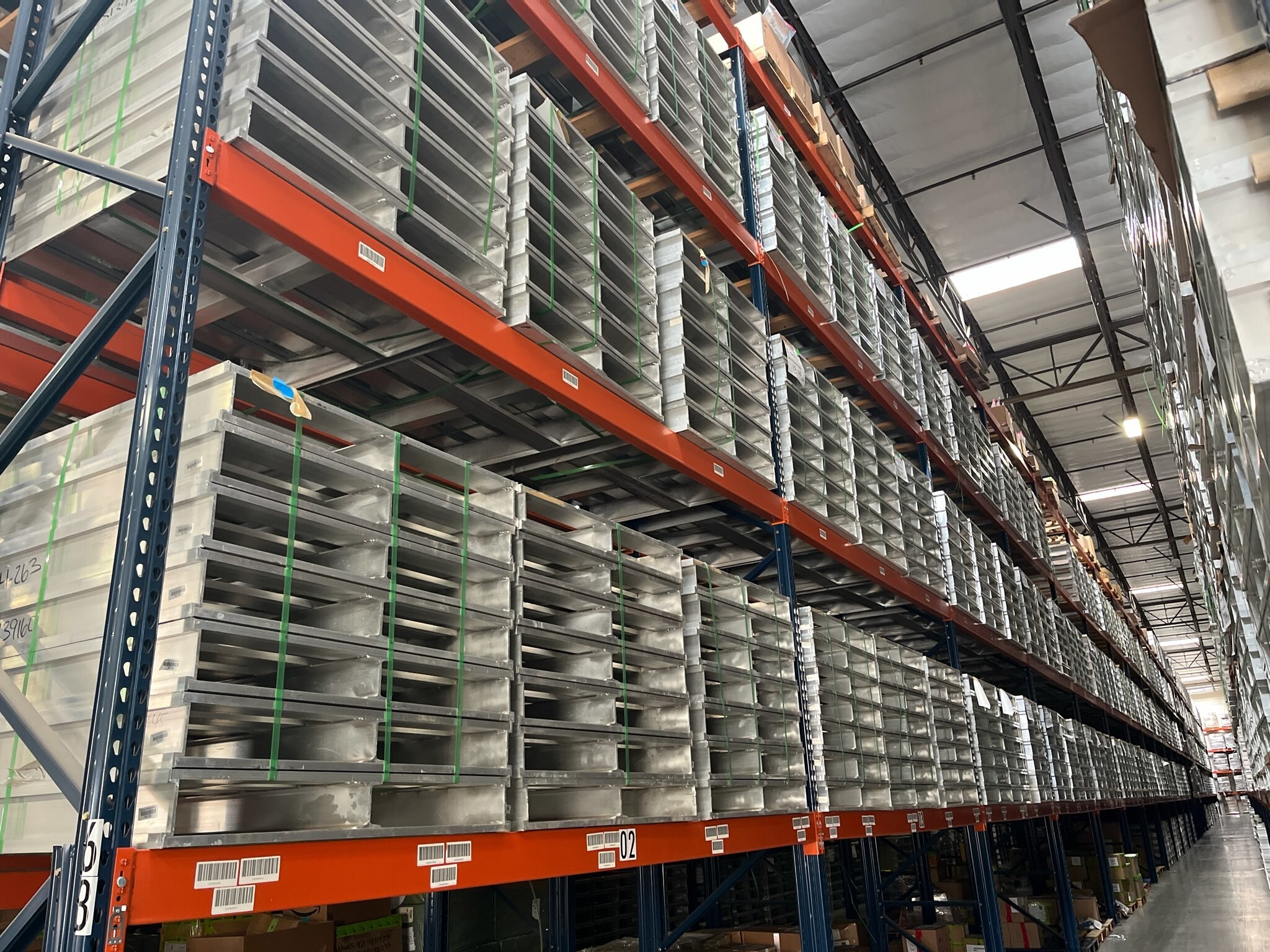Aluminum Scrap Markets

September 18, 2025
European aluminum group calls for fees on scrap exports from EU
Written by Stephanie Ritenbaugh
A European aluminum association is urging the European Commission to impose export fees on scrap to keep more of the recycled metal at home for the industry’s use.
Scrap exports reached a record high of 1.2 million tonnes in 2024, according to the Belgium-based European Aluminum, which added that around 40% of the EU’s aluminum consumption comes from recycling. However, about 15% of Europe’s recycling furnace capacity is idled due to the lack of scrap availability.
In the U.S., primary and semi-fabricated aluminum faces a 50% tariff under Section 232, with more derivative products being added in recent weeks. AMU has a guide to those products here, here, and here.
While aluminum scrap was exempted from the U.S. Section 232 tariffs, it does fall under the 15% tariff imposed on all imported goods from the EU.
“The European aluminum recycling value chain is facing a critical situation, which is vastly amplified by the recent doubling of US Section 232 tariffs to 50%,” European Aluminum stated. “By excluding scrap, the measure has widened an existing arbitrage that encourages scrap exports, making the U.S. an unfairly favorable export destination.”
“This imbalance has already led to a sharp surge in scrap outflows: from January to June 2025, exports to the U.S. rose by almost 200% compared to the same period last year,” the association added.
Indeed, rising scrap prices in the U.S. – propelled by the escalating Midwest ingot premium – are expected to attract more imports, as the price differential between the U.S. and global scrap market widens, CRU Group, AMU’s parent company, wrote in February.
In addition to higher fees on exports, there has also been debate over outright bans on some or all grades of aluminum scrap.
As AMU reported last month, the logic behind such bans in Europe may be more compelling than in the U.S. The EU is a major deficit region for aluminum and relies heavily on imports. However, the cost of those imports is set to rise as the region is prepares to implement its Carbon Border Adjustment Mechanism (CBAM) in January 2026.
On Jan. 1, imports of primary aluminum will be subject to a tax on the embedded carbon intensity of the product. That will boost the value of low-carbon metal, like scrap.







